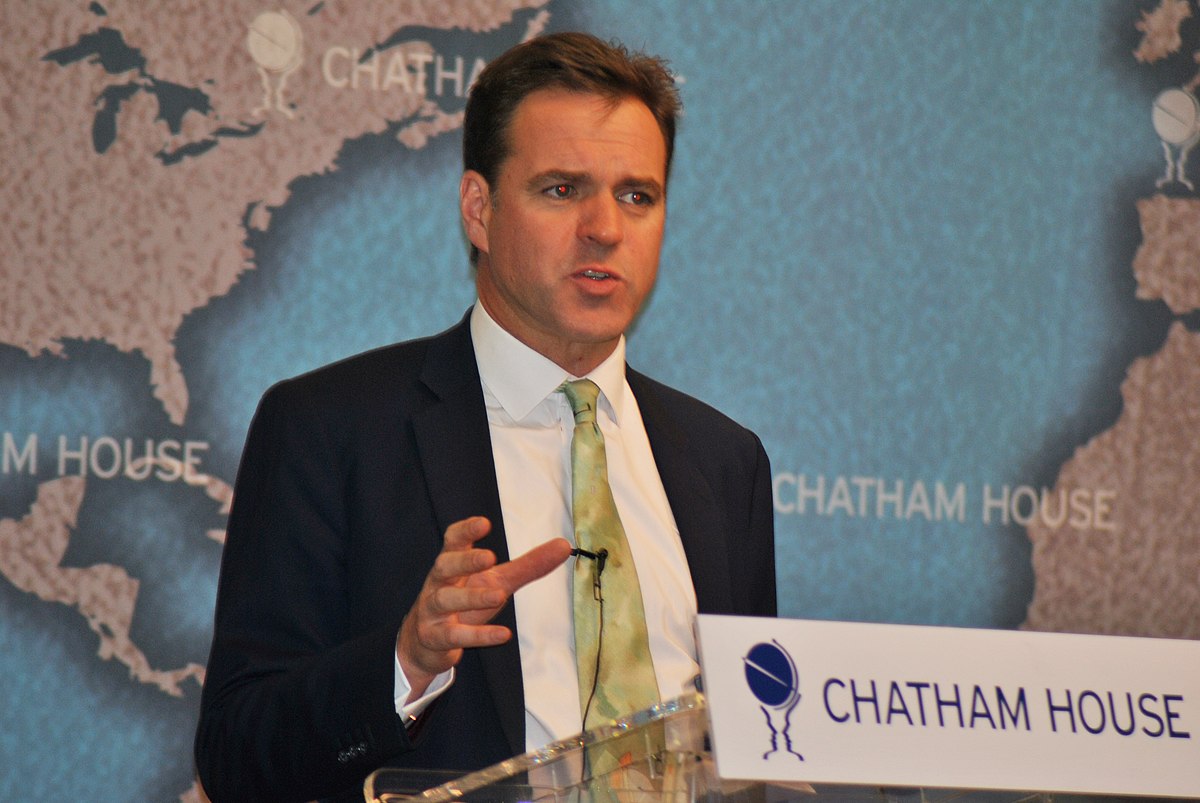

Throughout history, humans have learnt to adapt. “I don’t think we should assume there’ll be a post-COVID-19 era, any more than there’s a post-influenza era, or a post-tuberculosis era, or a post-AIDS era.”
The Economic historian is not in the V-shaped recovery camp and instead sees ‘’high-speed depression’’. With the combination of reduced production and demand destruction, he believes the shock will be deflationary.
Deglobalization was already underway with the rise of populist governments and protectionist policies – the pandemic will accelerate this.
This article is only available to Macro Hive subscribers. Sign-up to receive world-class macro analysis with a daily curated newsletter, podcast, original content from award-winning researchers, cross market strategy, equity insights, trade ideas, crypto flow frameworks, academic paper summaries, explanation and analysis of market-moving events, community investor chat room, and more.
Summary (You can listen to the podcast by clicking here)
- Throughout history, humans have learnt to adapt. “I don’t think we should assume there’ll be a post-COVID-19 era, any more than there’s a post-influenza era, or a post-tuberculosis era, or a post-AIDS era.”
- The Economic historian is not in the V-shaped recovery camp and instead sees ‘’high-speed depression’’. With the combination of reduced production and demand destruction, he believes the shock will be deflationary.
- Deglobalization was already underway with the rise of populist governments and protectionist policies – the pandemic will accelerate this.
- Small economies (i.e. Taiwan, Israel, New Zealand) will emerge as winners. Large economies (i.e. the US) will suffer diseconomies of scale. For example, bigger borders make it challenging to keep the virus out
- “Cold-War II” between the US and China is now a reality.
[Bearish Global recovery]